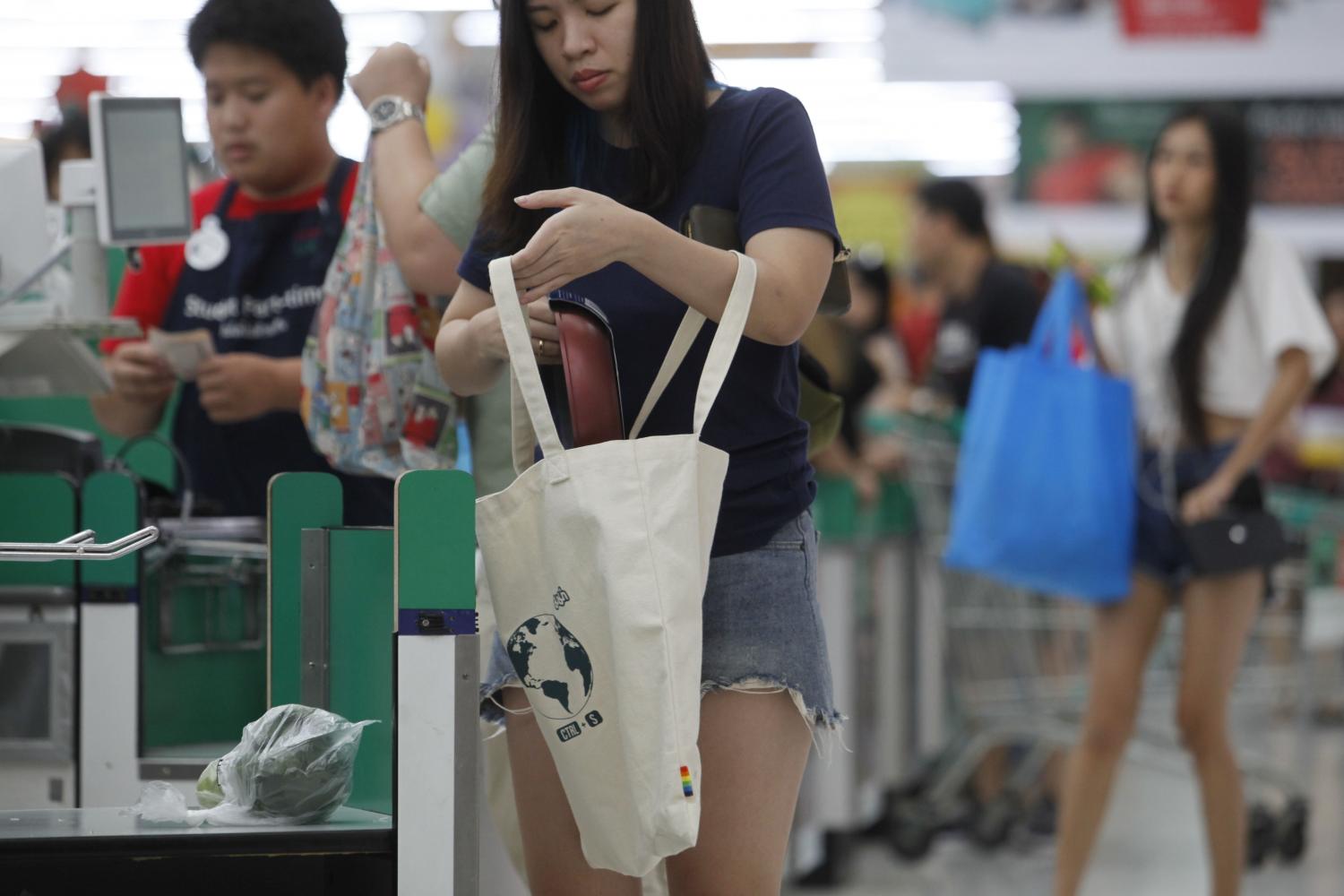
Local petrochemical makers and plastic converters say they're untroubled by the bans on single-use plastics by the Thai and Chinese governments because they prepared for the eco-friendly trend before the policies emerged.
China is the largest importer of Thai petrochemical output, some of which also serves the local plastics market.
Thailand's policy is to reduce and ban the use of seven types of single-use plastic during 2019-25.
In 2019, the nation sought to ban three products: cap seals, oxo-degradable plastics and microbeads.
In 2022, the targeted products to be banned include plastic carrier bags and foam food containers.
By 2025, single-use plastic cups and plastic straws are scheduled to be banned.
China's National Development and Reform Commission aims to achieve a 30% reduction in non-degradable plastics and disposable tableware for food products in major cities by 2025.
Patiparn Sukorndhaman, chief operating officer for downstream petrochemical business at PTT Global Chemical (PTTGC), said the policy won't pressure the company, which is shifting to specialty-grade polymers from the commodity-grade polymers that are the raw materials for single-use plastics.
PTTGC has a roadmap to terminate commodity-grade polymers by 2023 and concentrate on thicker plastics for repeated use, Mr Patiparn said.
"China's plastic converters will produce reusable plastic bags, so demand for thicker plastics will rise in the near future," he said.
Noppadol Pinsupa, president of IRPC, said the company has focused on production of higher-value specialty-grade polymers for the past several years.
"Specialty-grade polymers are the raw material for electronic and automotive components," he said. "We have raised our budget for R&D activity to produce petrochemicals under eco-friendlier and value-added concepts."
Mr Noppadol said IRPC plans to produce bio-based raw materials for plastics such as rubber and wood chips.
Somsak Borrisuttanakul, chief executive of TPBI, said the ban on plastic bags at local retailers starting this year won't make a huge impact on the business.
"The company definitely has to adjust, and we have revamped our core business for the past three years," Mr Somsak said. "For example, by producing reusable bags, food-grade packages and garbage bags."
TPBI predicts that purchase orders for single-use plastics will decline significantly in the next few years, he said, and the company will shift to other high-potential market segments and seek new export destinations.
According to KGI Securities Thailand, the ban on single-use plastic items in China will have some impact on PTTGC because 7% of revenue comes from that country.
KGI said sales of fresh foods in China will be allowed to use plastics until 2025, but the restaurant industry must decrease usage by 30% over the next five years.
Hotels in China must stop providing free single-use plastic items by 2025.
KGI said the latest plan from the China government will influence the global plastics market because China is the largest plastic producer and consumer in the world.